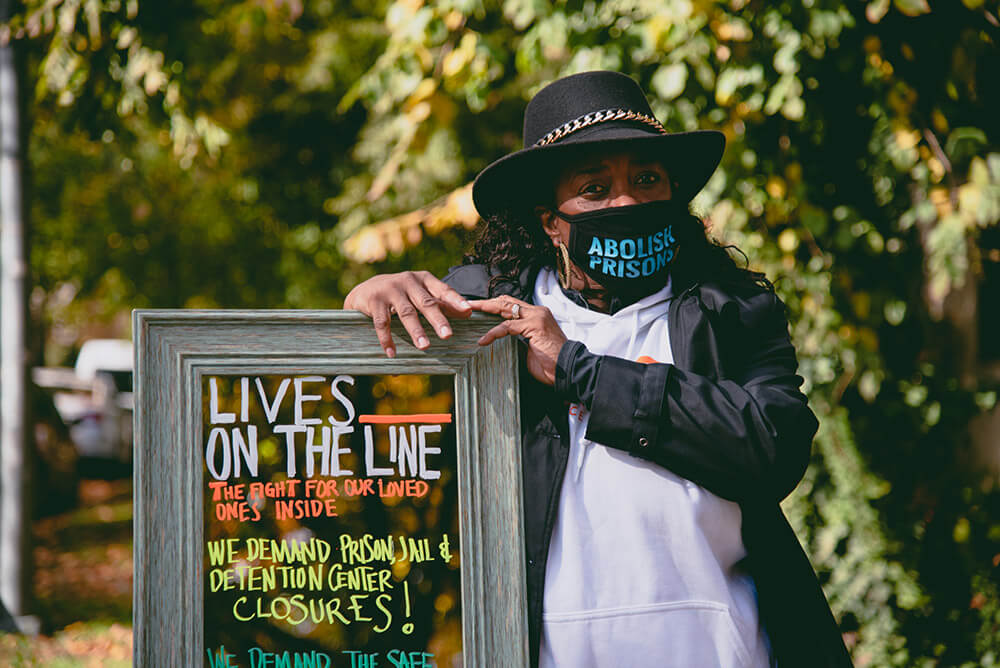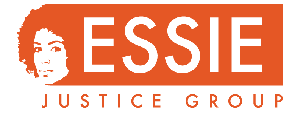
Voting became an important issue for me while I was incarcerated at a California State Prison. It became clear to me that the system, which chose to treat me inhumanely and like I was disposable, acquired the power to do so by the public vote. I learned felony disenfranchisement had been a form of voter suppression aimed at black and brown people for over 100 years. Today, I continuously pose the question to myself and others: “If my vote has no power, why have they made it so difficult for me and people like me to exercise our right to vote?”
For me, voting is about simply owning the power to navigate my life. To have a voice that counts and to be a model of possibilities for those who are like me. I was discharged from parole just in time to vote in the November 2020 elections. I sat at my dining room table and cried tears of joy to be able to fill out that ballot. I am an organizer for the Essie Justice Group, an outside policy organizer for Initiate Justice, Healing to Advocacy Facilitator, former chairperson of the Center for Employment Opportunities Participant Advisory Council, Board Member with From The Inside Out, a motivational speaker, and I am formerly incarcerated. I have a decent place to live, in addition to a car note like everyone else. And I have earned the right to vote.

